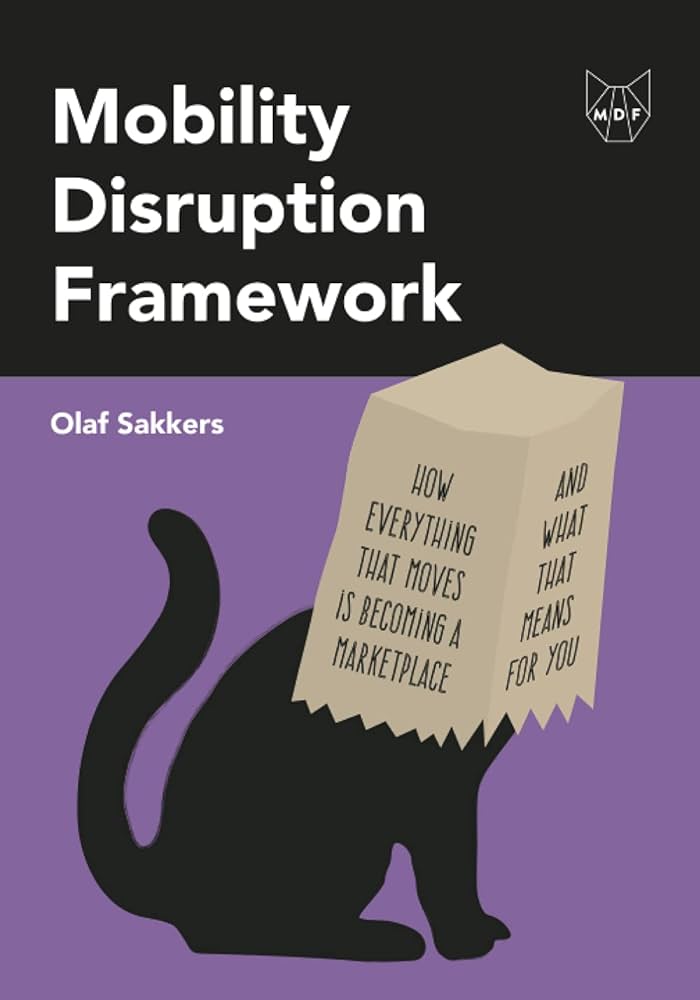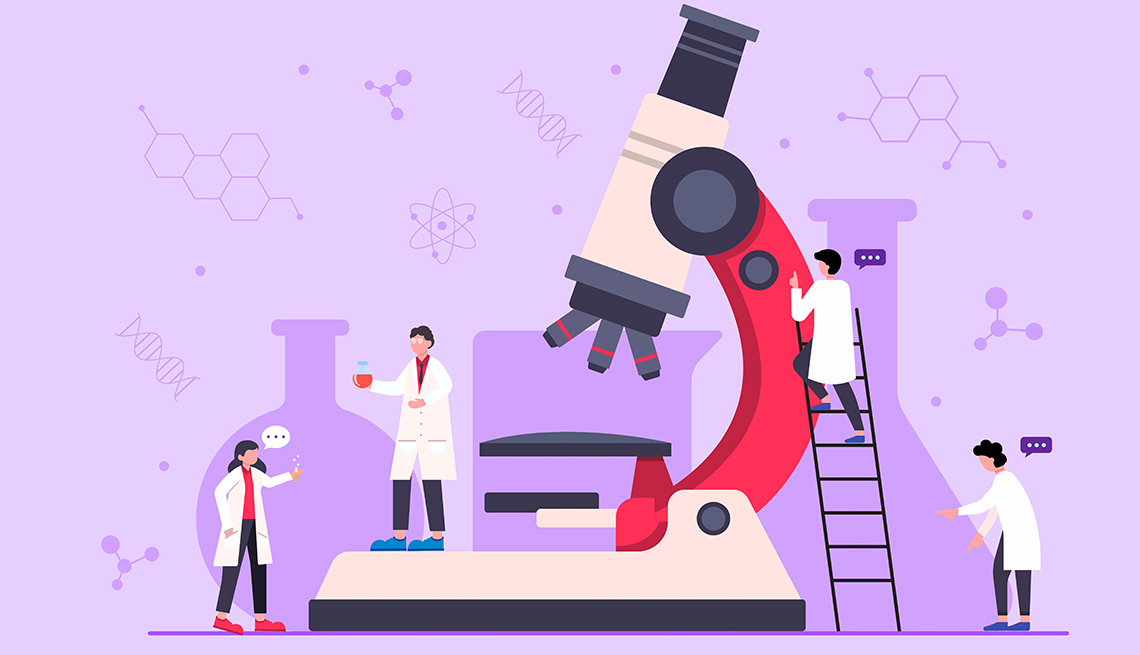
The Future of Medicine: How AI is Revolutionizing Healthcare
The medical profession is on the cusp of a revolution, and it’s all thanks to the rapid advancements in Artificial Intelligence (AI). Large Language Models (LLMs) are increasingly being used in clinical and medical fields, supplementing or even replacing the work of doctors. These models have the capacity to provide medical information, keep track of patient data, and even hold consultations with patients.
 AI in Healthcare
AI in Healthcare
One of the primary advantages of LLMs in the medical profession is their ability to produce long-form text, which is essential for providing thorough responses to patient inquiries. Accurate and informative responses are crucial, particularly in medical situations where false information can have detrimental effects. For instance, when a patient asks about the causes of a white tongue, the LLM must provide truthful answers about possible causes, without spreading myths.
 The Future of Medical Consultations
The Future of Medical Consultations
To ensure the accuracy and consistency of these responses, an automated process for assessing the factual accuracy of LLMs is necessary. This is where MedLFQA, a specialized benchmark dataset, comes in. MedLFQA is derived from pre-existing long-form question-answering datasets in the biomedical area and helps determine the accuracy and reliability of the facts presented in these lengthy responses.
Assessing the Factual Accuracy of LLMs
The OLAPH framework, developed by a team of researchers, uses a series of automated assessments to improve the factual accuracy of LLMs. This iterative training process teaches the LLM to favor responses with the highest factual and assessment metrics scores. The results have shown significant improvements in factual accuracy for LLMs trained with the OLAPH framework, even when measured against metrics not explicitly included in the training procedure.
 Improving the Factual Accuracy of LLMs
Improving the Factual Accuracy of LLMs
The potential implications of this technology are vast, and could revolutionize the way we approach healthcare. With LLMs capable of producing accurate and informative responses, the possibilities for medical applications are endless.
 The Future of Medicine
The Future of Medicine
In conclusion, the OLAPH architecture has the potential to greatly improve the reliability of LLMs in producing accurate medical information, which could be crucial for a number of medical applications. As AI continues to advance, we can expect to see significant breakthroughs in the medical profession.















